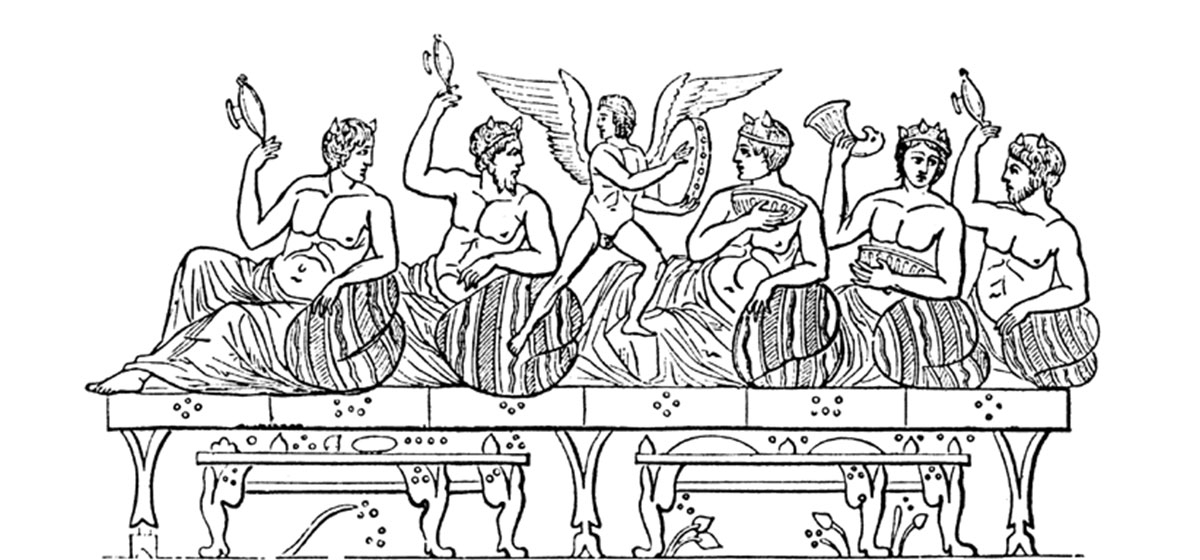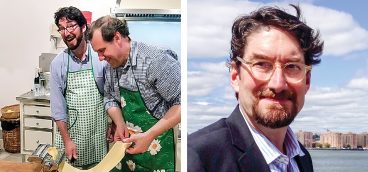
It’s been another long winter in Pittsburgh. Snow, ice and cold, mixed with work, responsibility and deadlines. So what’s the best thing about a Pittsburgh winter and its low, gray skies? Perhaps that it makes the coming of spring a gift from God.
In the spring, as Tennyson said, a young man turns his thoughts to love. And so, three college friends and I, trying to stay as young as possible, followed suit. We met with our retired professor to study Plato’s “Symposium,” a 2,400-year-old text on love. It was our second annual meeting, chapter two in our quest to keep our brains alive.
The setting for the “Symposium” was a dinner party in ancient Athens, and the host proposed that each guest give a speech in praise of Eros, the god of desire and love. (I may try this at our next dinner party…) A variety of speeches followed, most by lesser guests who hailed love’s various qualities—from the racy to the noble. The greatest speeches, however, were those of the comic poet Aristophanes and Socrates, both of whom saw people as seekers and Eros as their creative guide.
Aristophanes explained love’s purpose with a myth. Long, long ago, people had a different shape. They were like big, circular globs, with two faces, four arms, four legs and, of course, two sex organs. They were happy and powerful, but they made the usual mistake—challenging the gods—and the gods responded by cutting each person in half. And thus, from then on, everyone spent the rest of his or her days seeking against the odds to reunite with their lost soul mate.
For Socrates, Eros and love served a different purpose. He described an erotic ladder, with mortals climbing the rungs of desire. At the lower rung is the love of a person, including achieving immortality through procreation. Higher is the recognition that the beauty of one is contained in all. And so, the seeker turns to science, law and service, attempting to create great works that benefit all people and live beyond his days. The ladder’s top rung is reserved for those wise, well-ordered souls who turn to philosophy to reach transcendent truth and beauty. This ultimate seeker reaches a kind of Nirvana, the closest a person can come to the immortal.
Our group kicked around these two kinds of love, these two paths of human desire: Finding the soul mate who makes us whole again or climbing the ladder to wisdom and truth. In American fashion, I asked, “Why not have both?” Our leader, however, cut off that escape route, saying that, for Plato, the two were mutually exclusive.
So which would you choose? I can tell you that our group parted without agreement. We did succeed, however, in lifting our thoughts from our daily routines.
In the following pages, I invite you to do the same, but in regard to our region. Along with the Regional Indicators project, we’re presenting a major report on Pittsburgh’s current status and its future. I hope you find the report, entitled “Pittsburgh Today & Tomorrow,” to be useful as we approach a new era of renewal for the region.





